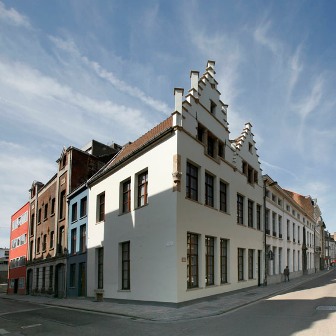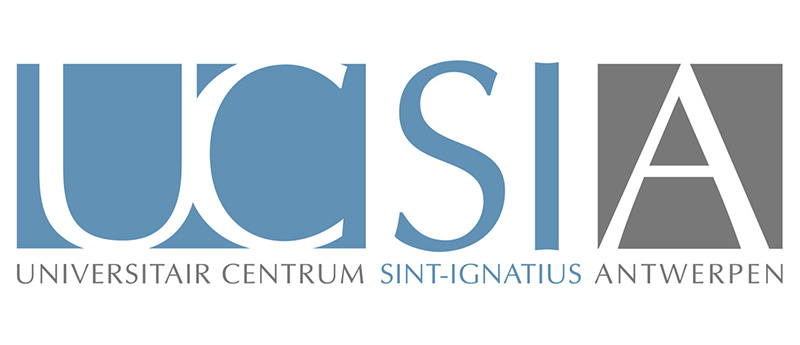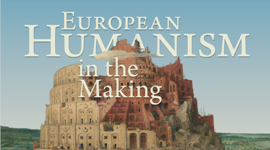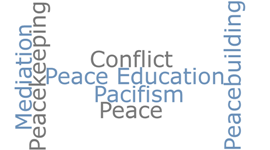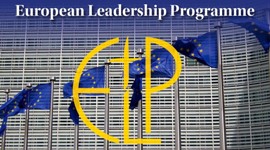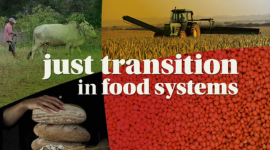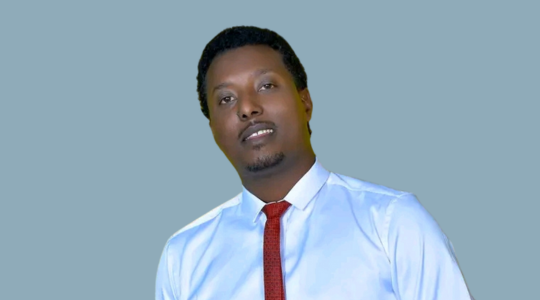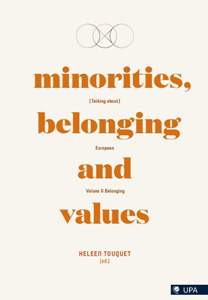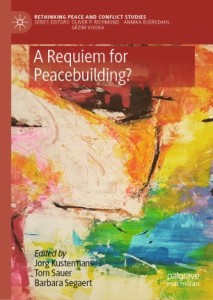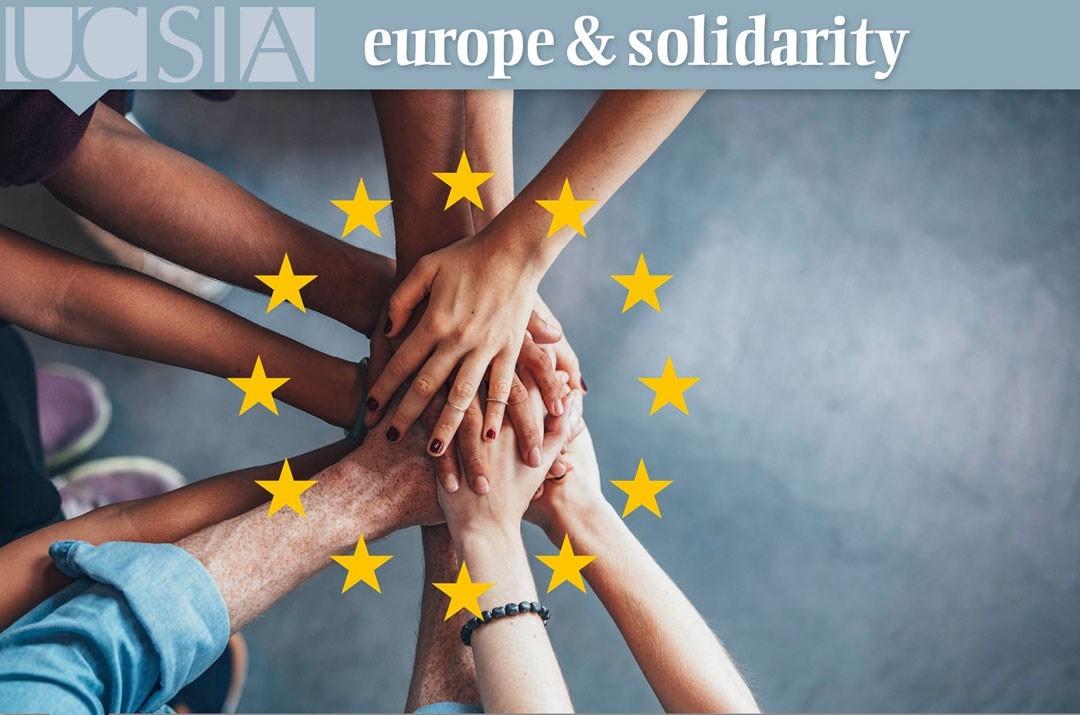
Solidarity in Europe and the World
We think of solidarity as “the ability to engage in cooperative activity to strive for common goals, and a sense of unity and bonding” (Jeffries, 2014, p. 7). Following Mbembe’s lead, solidarity entails the mutual recognition of our common vulnerability and finiteness and in turn creates a basis for dealing with it.
In the multi-layered network of structures of living together, solidarity can find an expression at different levels and in a variety of intensities. The extent of solidarity that can serve as basis for collective action also arguably varies with the sources of vulnerability. These may vary from the human condition itself, in line with Mbembe’s cosmopolitan argument, to less inclusive definitions of “we” based e.g. on pre-existing “bonds which unite men with another”, as Durkheim (in Lukes, 1972, p. 139) or Sen (2009) would argue, or constitutional bonds, in line with Rawls or Habermas (Banting & Kymlicka, 2017, pp. 5-47, p. 3-4).
Historically, solidarity has come to be centrally anchored at the level of the nation-state, where the “nation” defines a “we” that claims to rule itself (Appiah, 2018, p.147) and that therefore also can both invoke national sovereignty to fend off external influences and, internally, justify the enforcement of particular entitlements and duties. Consequently, the predominant role of supra-national structures has been seen as merely to support national-level structures in fulfilling this role. This tradition is deeply rooted in European Humanism (Grotius in Nussbaum, 2019, pp. 105-55), which has been a rich source of inspiration not just to reflect on solidarity but also to justify a model of civilization imposed through colonization or other strategies of western domination.
Projects
SCRIBANI network
gathers 15 European Jesuit centres on the social construction of Europe
FUCE Summer School
UCSIA is part of the European Federation of Catholic Universities, which offers a summer school on European Humanism in the Making
Peace Education Chair
examines an aspect of peace in its manifold manifestations and subjects it to a scholarly multidisciplinary investigation.
Events
AI Remaking Humanism?
FUCE Summer School
1-5 July 2024
ELP Graduation
graduation ceremony
4 July 2024
all events
Europe and Solidarity
News
Towards a just food system
On 30 May we gathered representatives of the food sector to map out the steps towards a more effective, just, and sustainable food system. We also identified the challenges along the way. The presentations, key takeaways and photos are now online!
Read more...
Fonds Bruyns scholar Taye Birhanu Taressa
UCSIA welcomes Taye Birhanu Taressa from Ethiopia as Father Louis Bruyns Scholar. The Fund Bruyns is part of UCSIA and reaches out to scholars from the Global South. Taye is a PhD candidate in the philosophy department at Addis Ababa University. The title of his dissertation is “The Role of Oromo Indigenous Environmental Ethics in Sustainable Development”.
Read more...
all news
on Europe and Solidarity
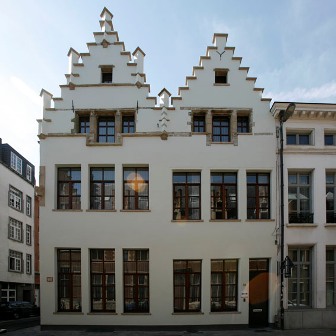
UCSIA
Koningstraat 2
B-2000 Antwerpen
info@ucsia.be
Tel. +32 (0)3 265 49 60
Voorlopige locatie tijdens de renovatiewerken:
Blindestraat 14, 2000 Antwerpen
